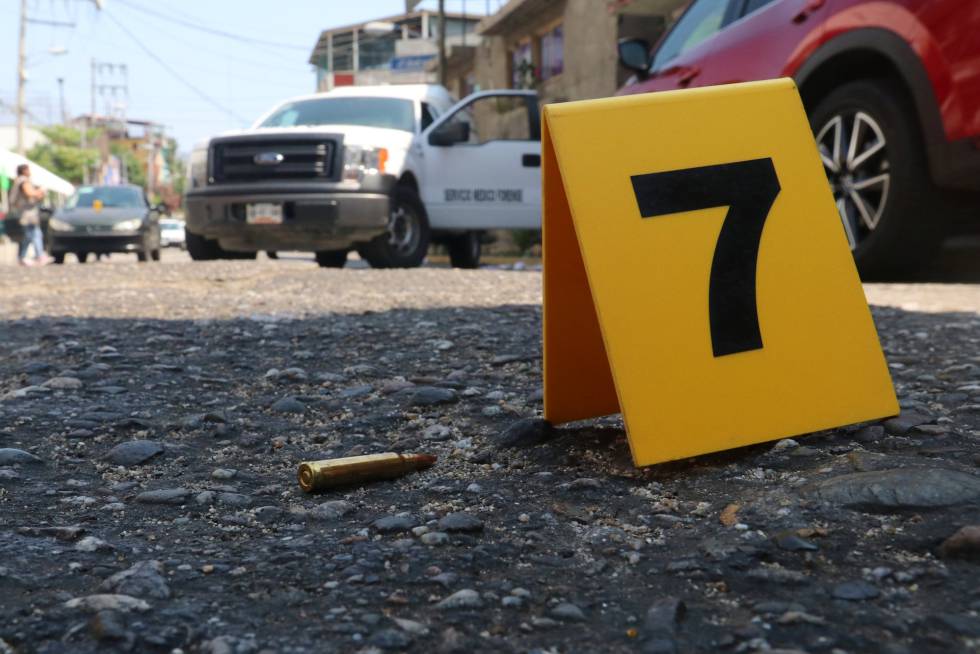Violence against candidates has reached a record level as gangs push to control more territory.
Abel Murrieta was shot by a gunman in broad daylight during his electoral campaign on May 13, making him the latest political candidate to be murdered in one of the bloodiest election campaigns in Mexico’s recent history.
Although the country has a dark history of electoral violence, the process for the upcoming vote has become the most bloody in recent years as gangs have kidnapped and killed dozens of politicians to strengthen their control over local areas.
At least 46 elected officials, including candidates running for office and political party members, have been killed between February and April, marking a 44 percent rise compared with the 2018 elections, according to Integralia, a consultancy.
Since the electoral season began in September, gangs have killed 83 politicians. At least 60 officials have withdrawn their candidacies across the country amid threats and violence.
The bloodshed has underlined President Andres Manuel Lopez Obrador’s difficulty in containing gang-fuelled violence, and is helping to erode the once-commanding lead of his leftist National Regeneration Movement (MORENA) in the contest.
“We’re attending to candidates every day, to leaders being threatened, and in some cases killed, unfortunately, as happened in the case of the candidate in Cajeme,” Lopez Obrador said in reference to Murrieta this week.
Zudikey Rodríguez, a former Olympic athlete running for the mayorship of Valle de Bravo, was kidnapped and threatened to drop out of the race, her party said. She has since decided not to continue with her campaign.
The Mexican government has allocated protection for 150 candidates due to the death threats that have been coming in since the beginning of April. Officials believe most are sent by organized crime groups.
Much of the upheaval has been concentrated in a cluster of interlinked states: Veracruz, Oaxaca, Puebla, Guerrero, and the State of Mexico and Michoacan, according to risk consulting firm Etellekt.
Elections are set to take place on June 6, and will determine who controls the lower house of Congress, fifteen governorships, and hundreds of city halls.
When Lopez Obrador won the July 2018 presidential election – before the coronavirus pandemic curbed the scope for campaigning – there were 152 political killings over the preceding ten months, 26 of which were in the final two weeks of the campaign, Etellekt said.
Mexico’s overall murder tally hit a record that year, and Lopez Obrador took office in December pledging to reduce violence. But homicides climbed even higher over the next two years, and the government has been accused of bad handling.
Security analysts say most electoral violence tends to occur at municipal level, where gangs exert pressure to influence the outcome in the hope of securing more control over drug trafficking and other criminal rackets.
The big loser is democracy, security expert Vicente Sanchez at think tank Colef in Tijuana told Reuters.
“Nothing’s guaranteed because lots of people are at the mercy of organized crime in parts of the country,” he said. (https://www.trtworld.com/magazine/mexican-gangs-kill-dozens-of-politicians-ahead-of-june-election-47023)






































